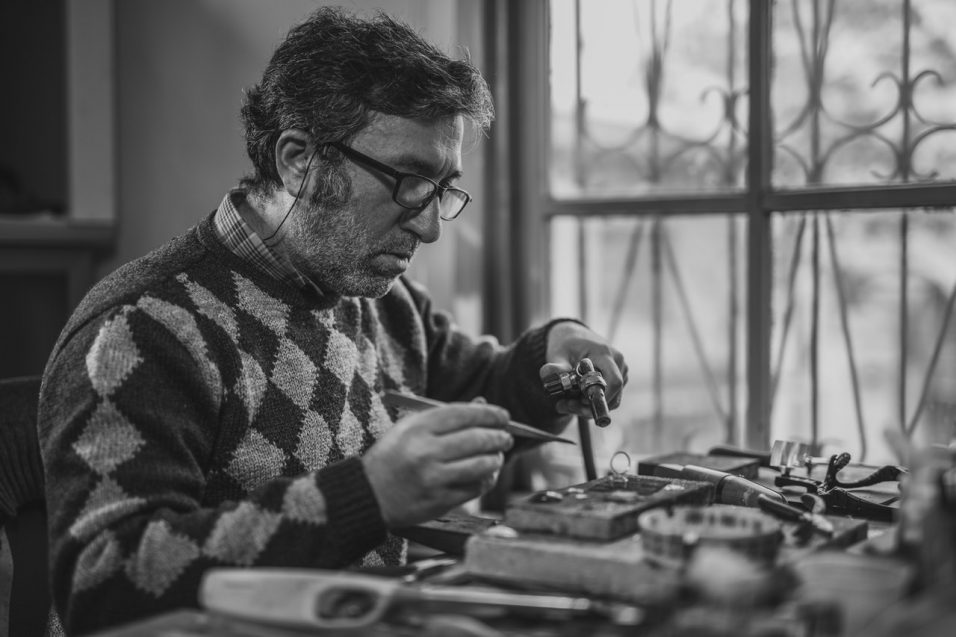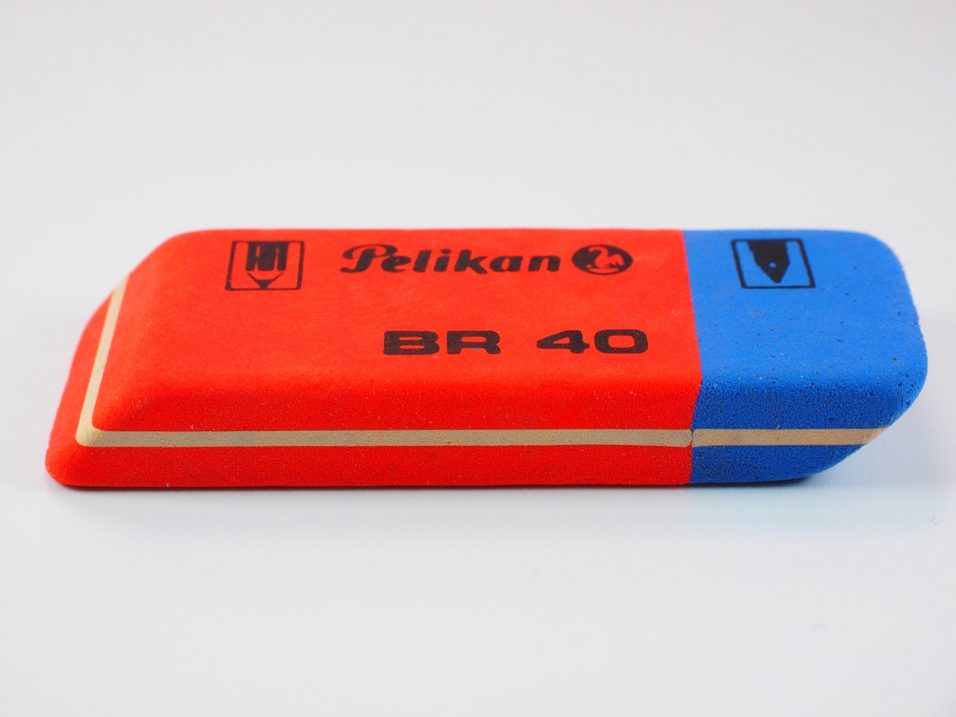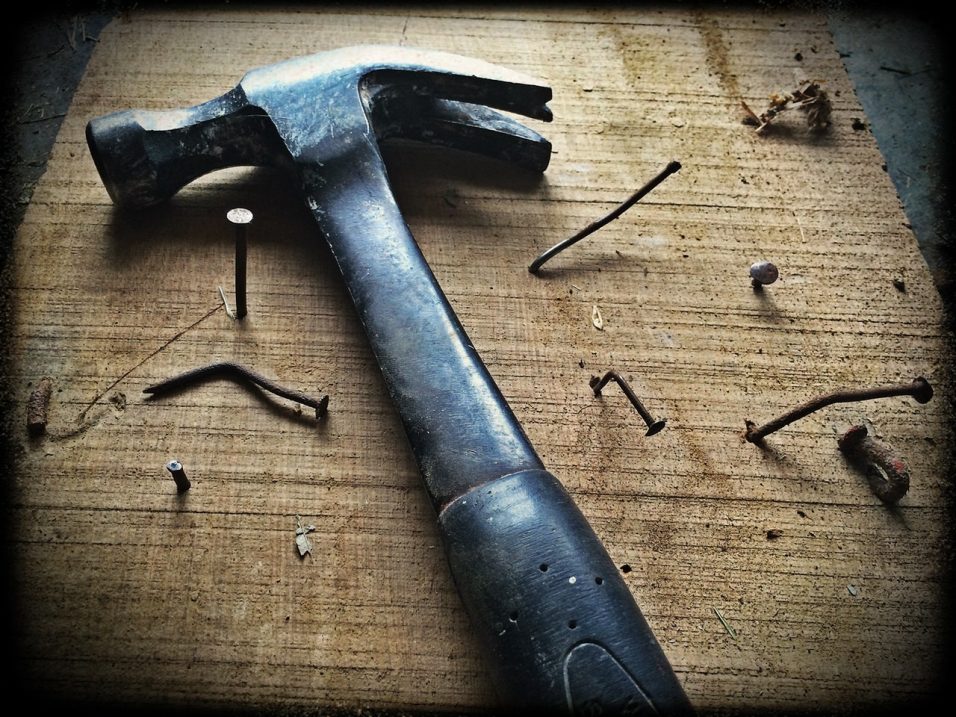What Does Writing Look Like

Whenever you go looking for writing advice, you’ll hear the phrase butt in chair a lot. Basically it’s an admonition/reminder that you can’t write a novel or a story if you don’t, you know, write. So you have to actually sit down with your butt in a chair and type or scribble, or nothing gets done.
This is true, and it’s decent advice as far as things go. But there’s another aspect or dimension to any writing advice. You have to ask yourself, what does “writing” look like?
It Looks Like a Lot of Work, is What It Looks Like
Because writing isn’t just tapping at a keyboard.
Now, I’ve literally written every single day of my life since I was about twelve years old. That’s a lot of days, and a lot of writing (though I should note that many, many writers started writing as kids and have written every day since, so this doesn’t make me special), and most of that involved typing or writing longhand to some degree. But there are other things that may not look like writing but which definitely are writing. For example:
- Thinking. Thinking is writing, so sitting in a comfortable chair staring into space counts. As long as you’re actually thinking and not just daydreaming about shaving your cats and dressing them in tiny suits.
- Reading. Everyone tells you to read widely in order to become a better writer, so reading counts. So does watching and listening, as long as you take some time at some point to process the things you consume and consider what they can teach you.
- Talking. Talking about your work—or someone else’s work—is also writing. The concepts you are exposed to in conversation about the craft or business of writing are just as vital as anything else.
- Revision. This might seem obvious, but some writers consider revision to be treading water—you’re not creating anything new, so it’s just busywork. But revision is often just as creative as a first draft.
- Drinking. Just kidding. Or am I? Deranging your thoughts and experiencing a chemically-altered perspective can be part of the creative process. Or so I tell myself at 3AM when one more shot of whiskey seems like a terrible, awesome idea.
Writing int his context is sort of like expenses that you claim on your taxes: Just about anything can count. If it somehow, in some way, worms its way into your creative process at some point it counts as writing.
So “butt in chair” and similar advice doesn’t have to be taken literally. As long as you’re working on your writing in some sense, you’re doing the work, even if you didn’t type anything.
Now I have to go pitch a book about why Day Drinking is a great way to write a novel.








